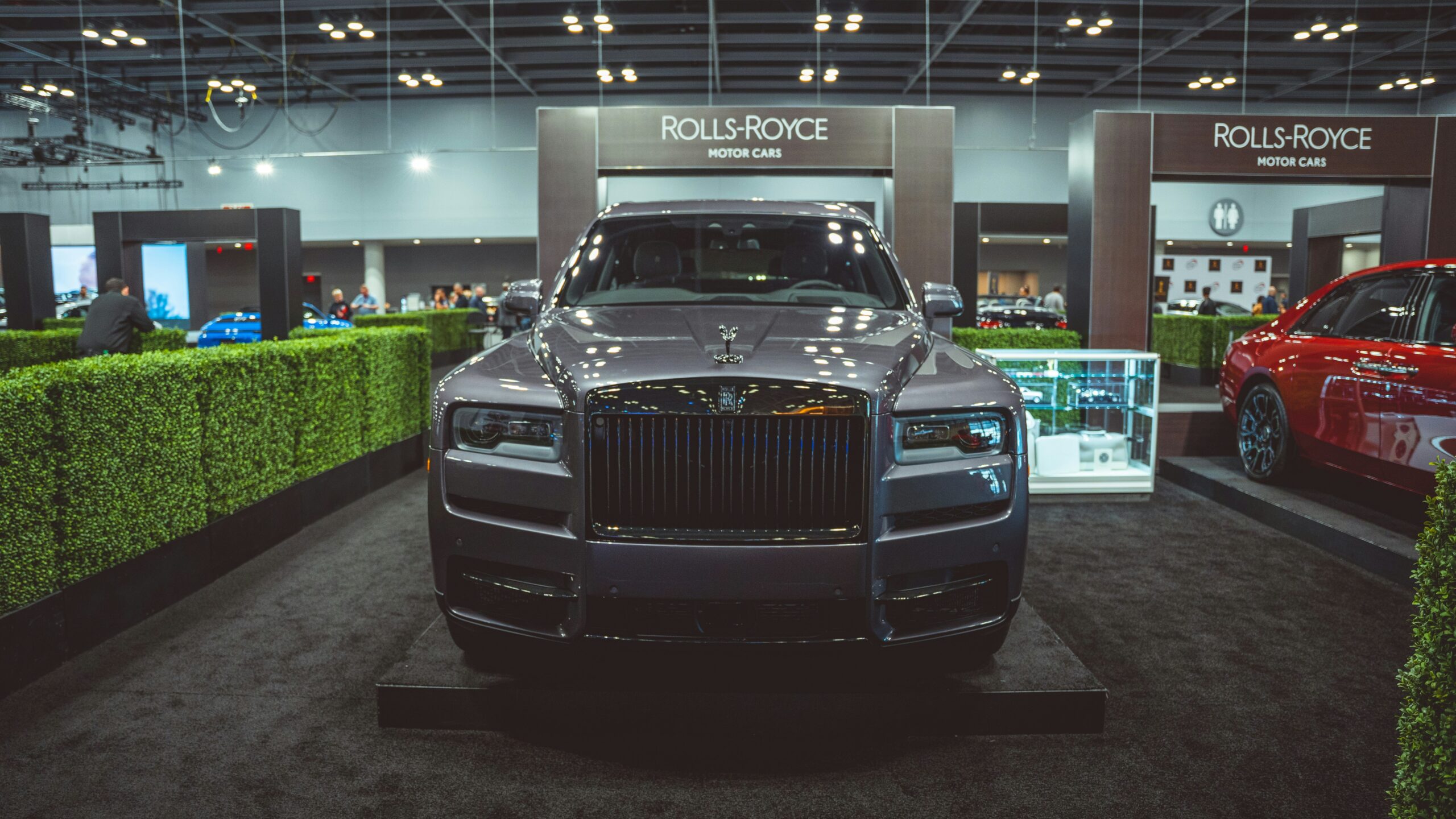Introduction
For over a century, Rolls-Royce Motor Cars has epitomized luxury, craftsmanship, and automotive excellence. This blog celebrates the illustrious history and enduring legacy of Rolls-Royce, highlighting its evolution, iconic models, and profound impact on the global automotive landscape.
Founding and Early Years
The story of Rolls-Royce Motor Cars begins with a vision for unparalleled luxury and engineering precision. Founded in 1904 by Charles Rolls and Henry Royce, the company quickly established itself as a symbol of automotive prestige and innovation.
Evolution of Rolls-Royce Motor Cars
From its inception to the present day, Rolls-Royce Motor Cars has evolved through technological advancements, design innovations, and strategic expansions. Let’s explore key milestones and transformations that have shaped its remarkable journey:
Key Milestones and Transformations
- Early Innovations and Success
- Rolls-Royce Silver Ghost (1907): Renowned for its reliability and performance, setting a new benchmark in automotive engineering.
- Expansion into Aviation: During World War I, Rolls-Royce diversified into aircraft engines, pioneering advancements in aviation technology.
- Post-War Era and Expansion
- Rolls-Royce Phantom III (1936): Introduced advanced V12 engine technology, combining power with luxurious comfort.
- Global Expansion: Establishing a global presence with manufacturing facilities and dealership networks across continents.
- Modern Era and Innovation
- Rolls-Royce Phantom VII (2003): Redefined luxury with state-of-the-art technology and bespoke craftsmanship, setting new standards in automotive luxury.
- Electric and Hybrid Initiatives: Embracing sustainable mobility with the introduction of electric and hybrid models, reflecting commitment to environmental stewardship.
Iconic Models and Design Philosophy
The hallmark of Rolls-Royce Motor Cars lies in its iconic models, each embodying the brand’s commitment to luxury, performance, and exclusivity. Let’s explore some of the legendary vehicles that have defined Rolls-Royce’s prestige:
Legendary Rolls-Royce Models
| Model | Key Features and Contributions |
|---|---|
| Rolls-Royce Silver Ghost | Reliability and craftsmanship |
| Rolls-Royce Phantom | Symbol of automotive luxury and engineering excellence |
| Rolls-Royce Wraith | Dynamic performance and contemporary design |
| Rolls-Royce Cullinan | The pinnacle of luxury SUVs, blending off-road capability with opulence |
Influence and Global Presence
Rolls-Royce Motor Cars has not only shaped automotive innovation but also influenced global culture and luxury lifestyle. Its distinctive design language and commitment to craftsmanship have set benchmarks admired and emulated across industries.
Comparative Analysis: Rolls-Royce Motor Cars
A comparative analysis underscores Rolls-Royce Motor Cars’ unique attributes and contributions to the automotive industry:
| Aspect | Rolls-Royce Motor Cars | Industry Standard |
|---|---|---|
| Craftsmanship | Unrivaled luxury and bespoke craftsmanship | Varies; some emphasize mass production and cost efficiency |
| Innovation | Continuous advancements in technology and design | Competitive; innovation varies by brand and market segment |
| Heritage and Legacy | 120 years of automotive excellence and cultural influence | Significant; heritage impacts brand perception and loyalty |
Legacy and Future Prospects
As Rolls-Royce Motor Cars celebrates 120 years of shaping the automotive world, its legacy continues to inspire future innovations and redefine luxury in the 21st century. With a steadfast commitment to excellence and a vision for sustainable mobility, Rolls-Royce remains at the forefront of automotive craftsmanship and innovation.
Conclusion
Rolls-Royce Motor Cars stands as a testament to enduring craftsmanship, innovation, and luxury. With a rich history spanning 120 years, Rolls-Royce has not only defined automotive excellence but also set the standard for luxury and prestige worldwide.
